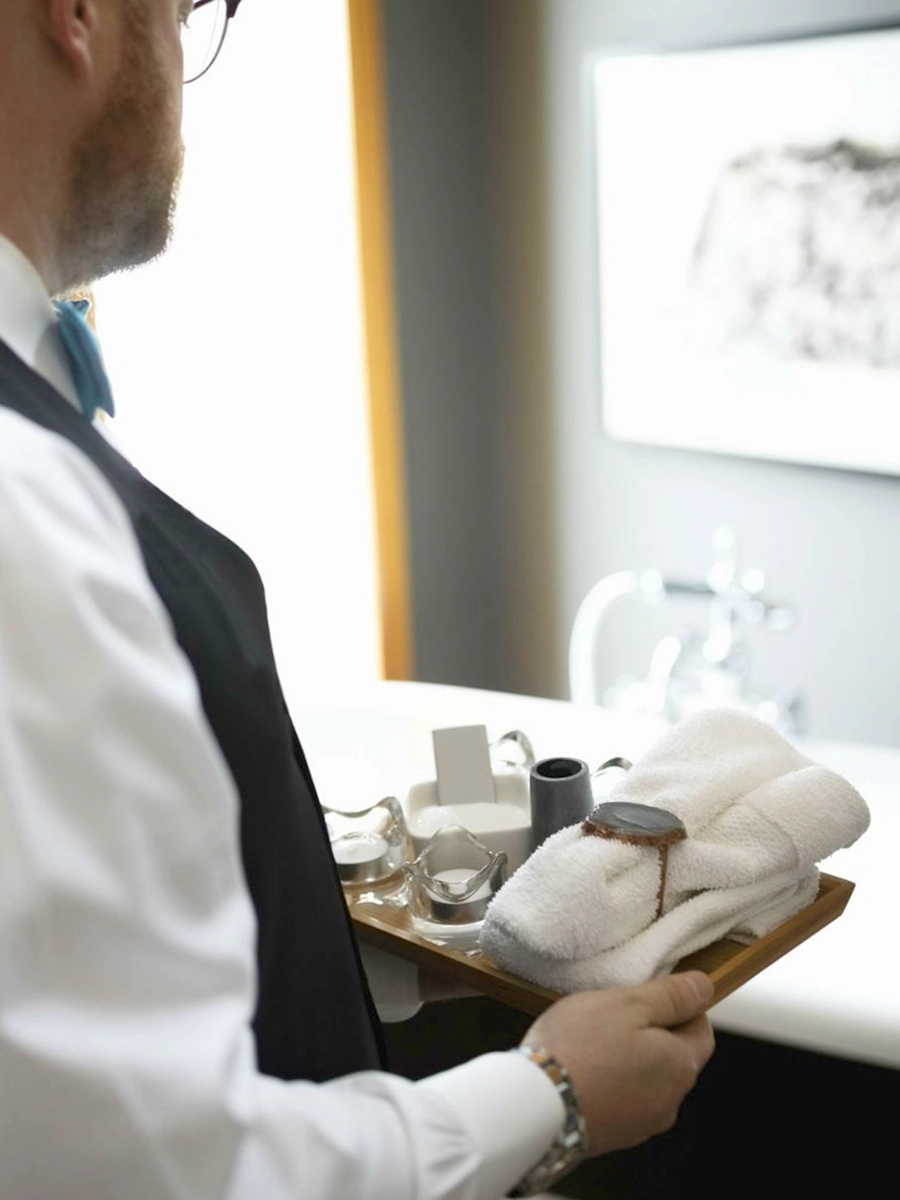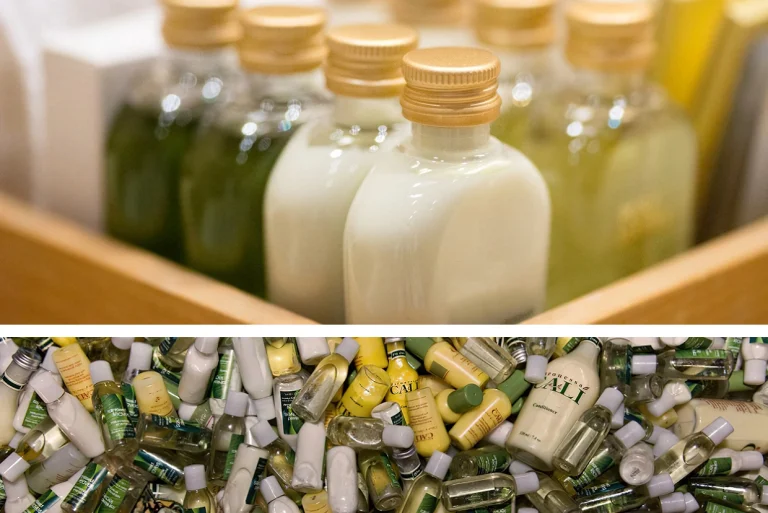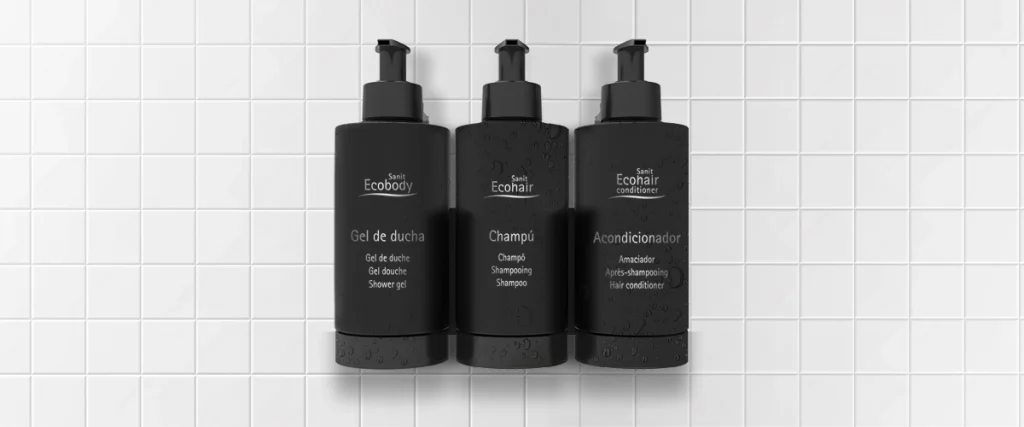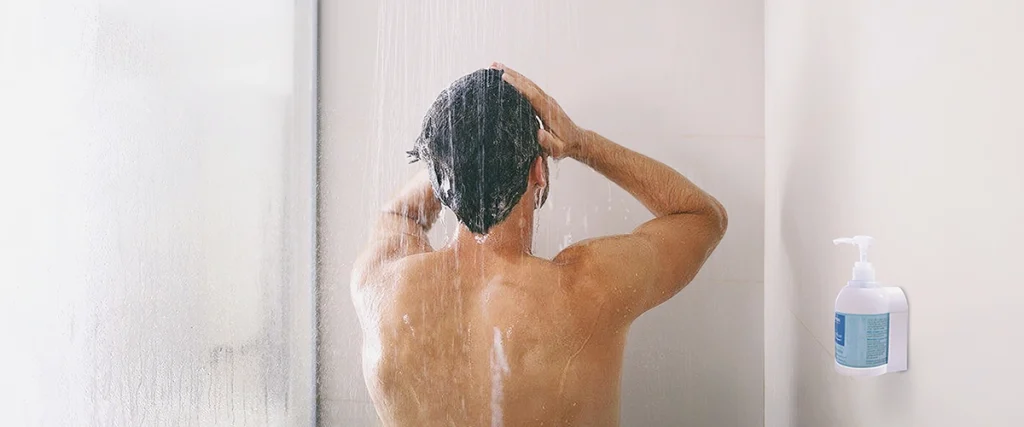
Safe hands at Christmas time
Hand hygiene is the key to ensuring the safety of guests and the success of the menu. Have an enjoyable time, celebrate and eat without the risk of food poisoning!

Commercial HORECA will have more than 279,000 establishments in 2024, 2.2% more than in 2023, following the stabilisation of the sector. Restaurants, with more than 3.8%, are in first place in number of openings. On the other hand, the most significant weight of the hospitality sector is in accommodation, representing a growth of 15.7% of the total due to the proliferation of hotel chains.
In terms of economic data, the hotel and catering industry is consolidating its position as the driving force of our country with up to 1.8 M people affiliated with Social Security and with a forecast of 2 M for this summer, which means a contribution to the GDP of 150,000 M (12%). Optimistic, the sector estimates a turnover for this year of 10%, exceeding pre-pandemic levels for the first time.
This trend points to growth in the sector over the next few years, which means an increase in users and consumables. It makes the hotel occupancy rate a key indicator, not only to understand the state of the hotel industry but also the trends in tourism and its environmental impact. Given the perceived momentum, it is necessary to think about sustainable hospitality.

It is no news that the hotel industry is concerned about sustainability. Today, the environmental impact of hotels matters to 66% of guests. Users are increasingly aware of and appreciate the environmental initiatives of the establishments they visit. They rate positively those that actively mitigate and reduce their carbon footprint.
This concern has become one of the issues of the moment and the driving force that will mark the sector in the immediate future. Its survival depends on adapting to this reality, as the industry must catch up as soon as possible to lose potential environmentally aware customers.
The hotel sector in Spain generates 12% of the plastic footprint, more than 734,000 tonnes per year, of which 3.5 tonnes correspond to cosmetic amenities and single-use plastic products. To minimise this footprint, the European Union has adopted measures to reduce plastic waste as a one of the main objectives.
The key regulation is the Directive (EU)2019/904 about reducing the environmental impact of certain products, which restricts the use of specific single-use plastic articles in the hospitality industry. In this way, it aims to promote environmentally friendly practices in the tourism sector.
As far as hotel amenities are concerned, Spain is aligned with European regulations to reduce single-use plastic products, applying a restriction to shampoos, conditioners, shower gels and body lotions, encouraging the reusable packaging or dispensers use. From 1 January 2030, miniature packaging for toiletries will be banned. In addition, the regulation changes depending on the country or even the autonomous community.
For example, in the Balearic Islands, from 2023, the use of miniature bottles and courtesy products in hotels will be abolished.
In short, the trend is towards environmental sustainability both in reusable and/or refillable packaging and in products with an EU-Ecolabel. In this respect, the European Union promotes some tips for sustainable hospitality:

• Eliminate unnecessary plastic packaging and items.
• Take measures to move from single-use models to reuse or reusable alternatives.
• (Commit the value chain to) achieve 100% reusable, recyclable or compostable plastic packaging.
• Take measures to increase the volume of recycled content in all plastic packaging and articles.
• Collaborate and invest to increase the recycling and composting rates of plastics.
• Report to the public annually on progress towards these goals.
Provide environmentally friendly product alternatives. Use refillable dispensers for shampoos, gels and lotions. Eliminate single-use plastic products as well as single-dose containers for personal hygiene. These are some of the actions that hotels need to address in the short term. So much so that large hotel chains are implementing circular economy initiatives. All to reduce plastic waste.
These measures are in line with Spain’s commitment to the EU Circular Economy Action Plan and the European Green Pact. The aim is to significantly reduce plastic waste and improve sustainability throughout the hospitality sector. In short, real actions that are not merely marketing tools to attract tourists.


PRODERPHARMACARE® joins this global emergency with the design and production of formulations for personal hygiene. Packaging that reduces plastic waste by allowing refilling. In addition, our uniquely designed products and dispensers create a stylish package that fits into any space. A large-scale environmental challenge that we take up by offering environmentally responsible productos. Also, we offer low-impact formulations with EU-Ecolabel ecological label. High-quality solutions to promote sustainable hospitality.

Hand hygiene is the key to ensuring the safety of guests and the success of the menu. Have an enjoyable time, celebrate and eat without the risk of food poisoning!

PRODERPHARMACARE® attends Hygienalia 2025 with an impeccable presentation, where product testing has been the main attraction.

We explore how active ingredients and formula stability are essential to creating safe skin-care products.